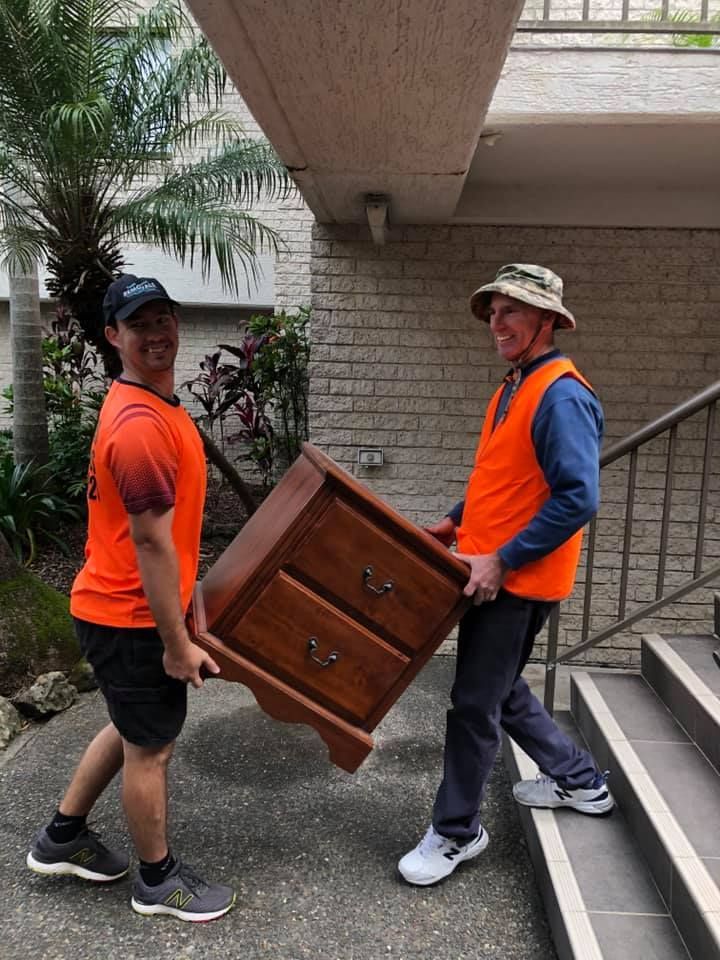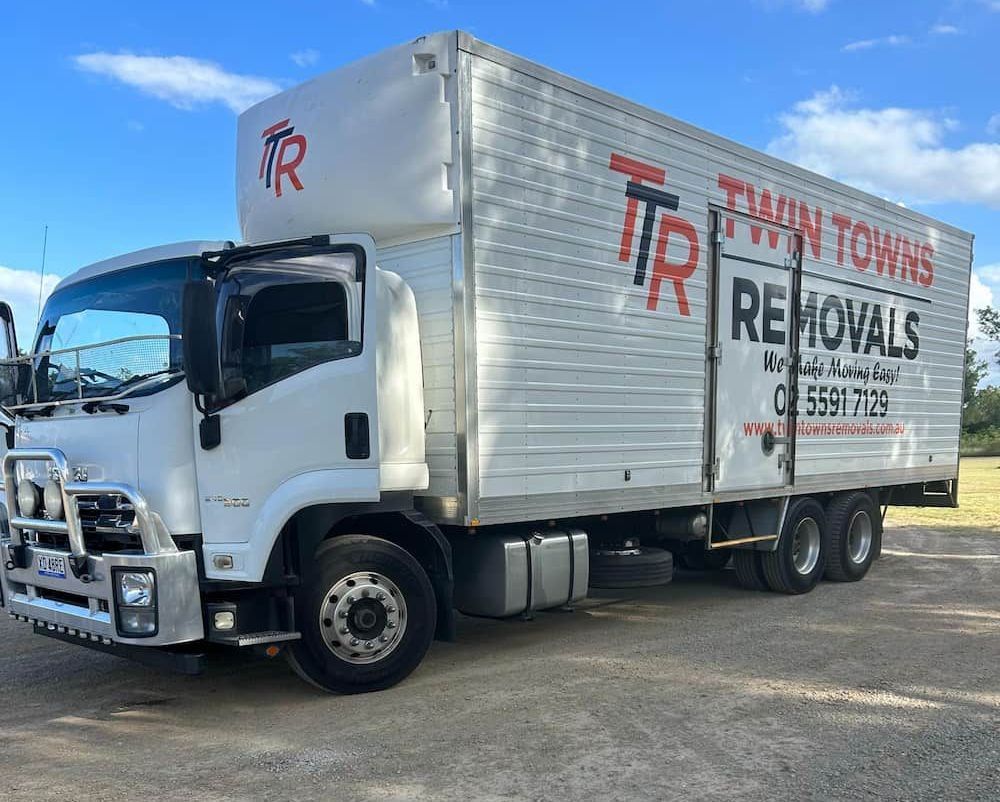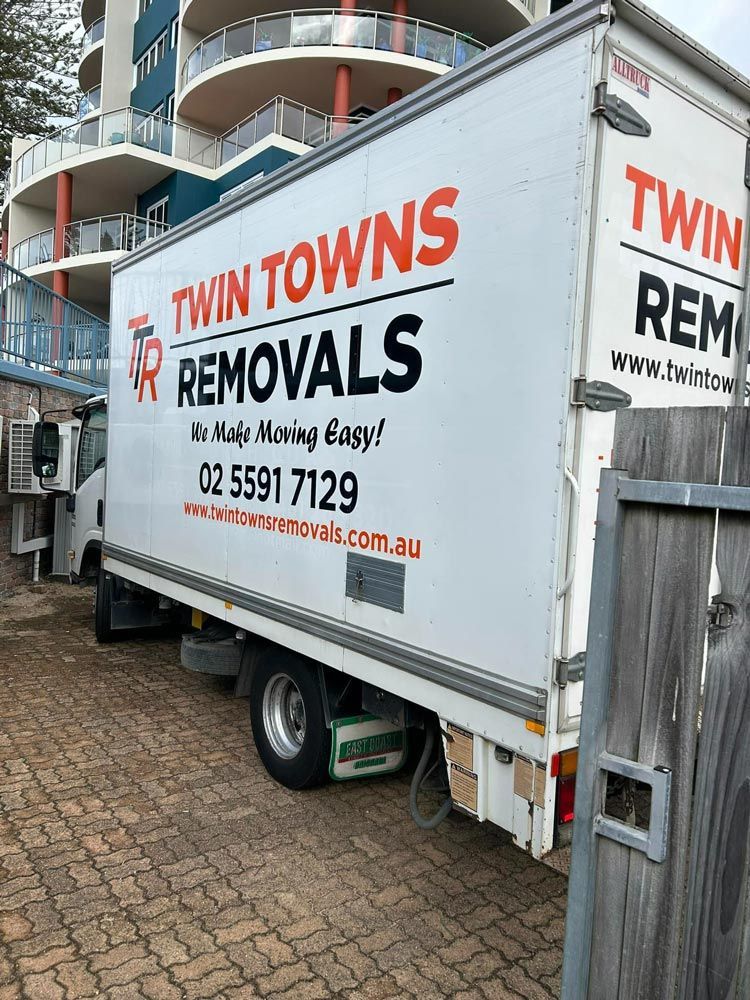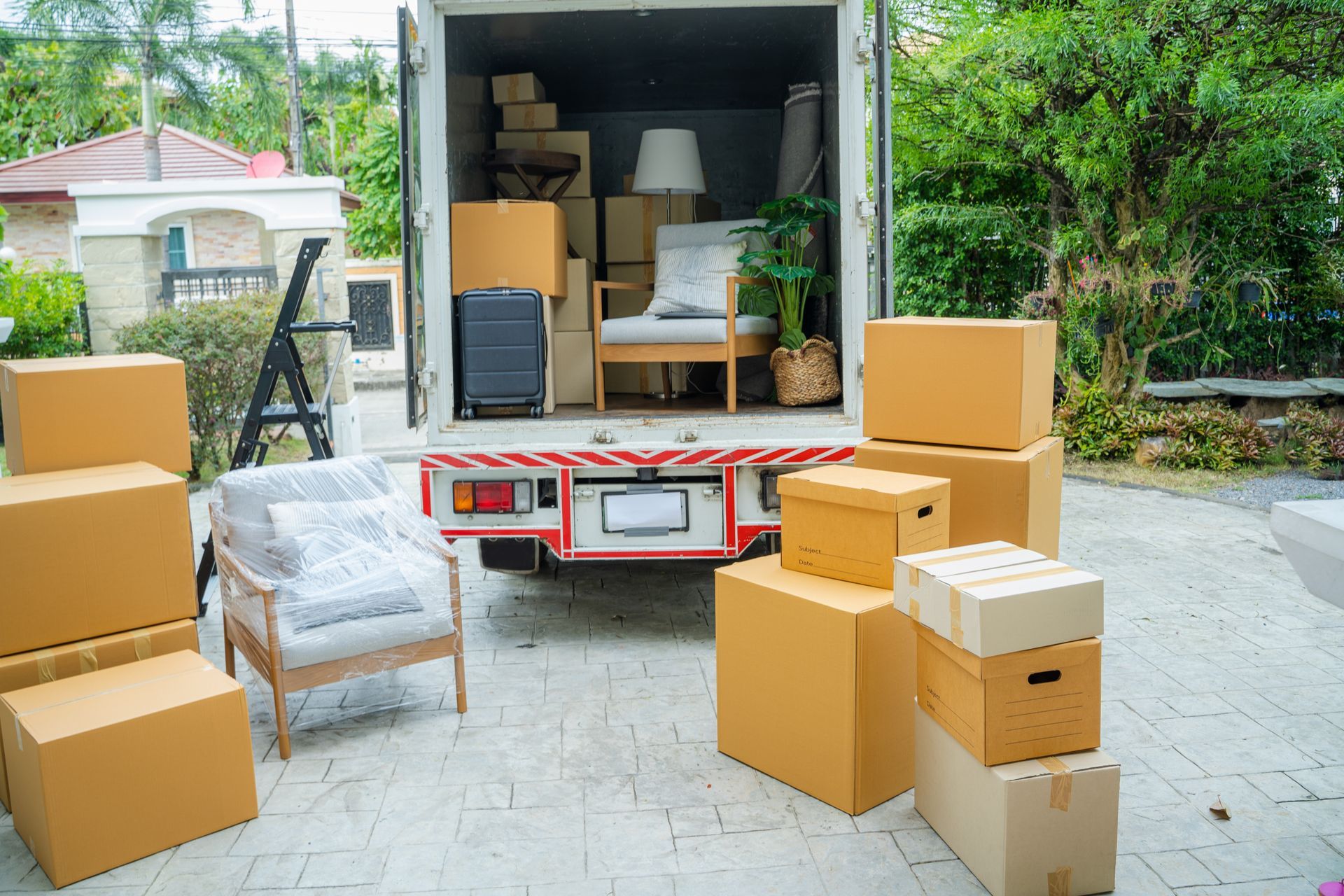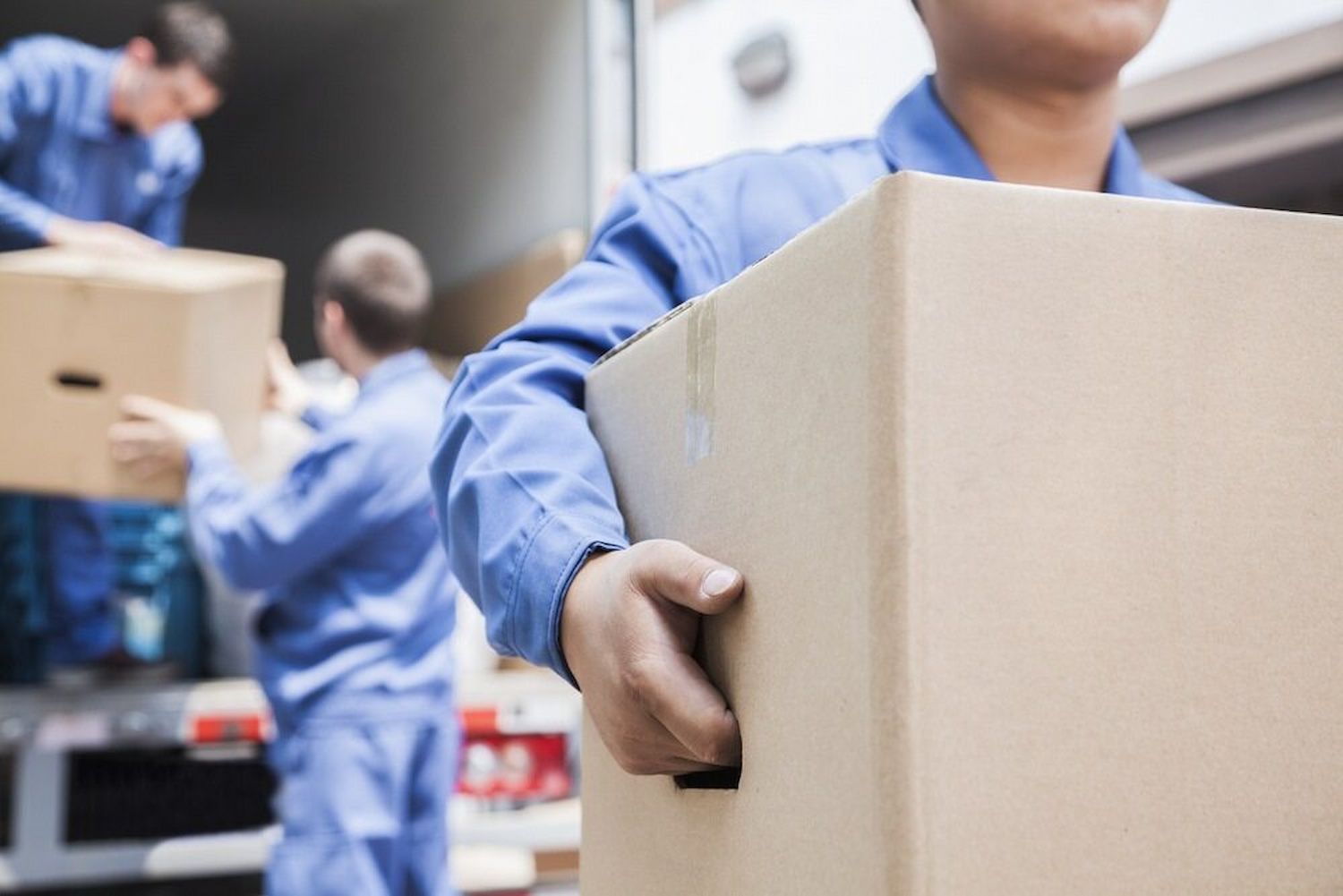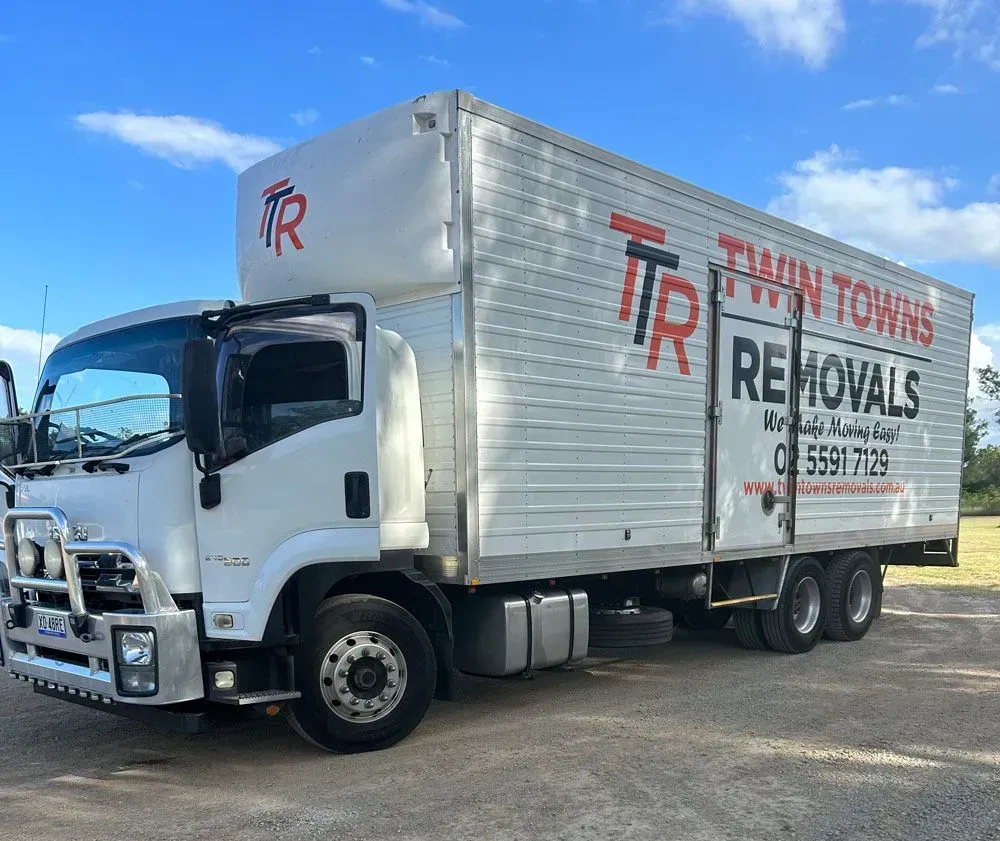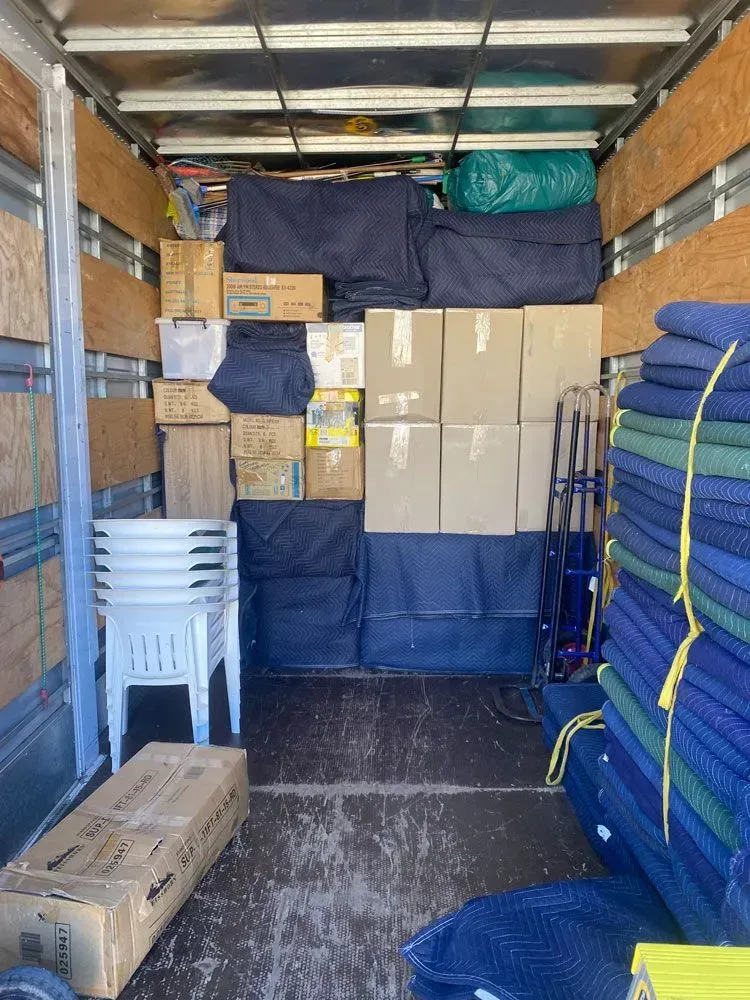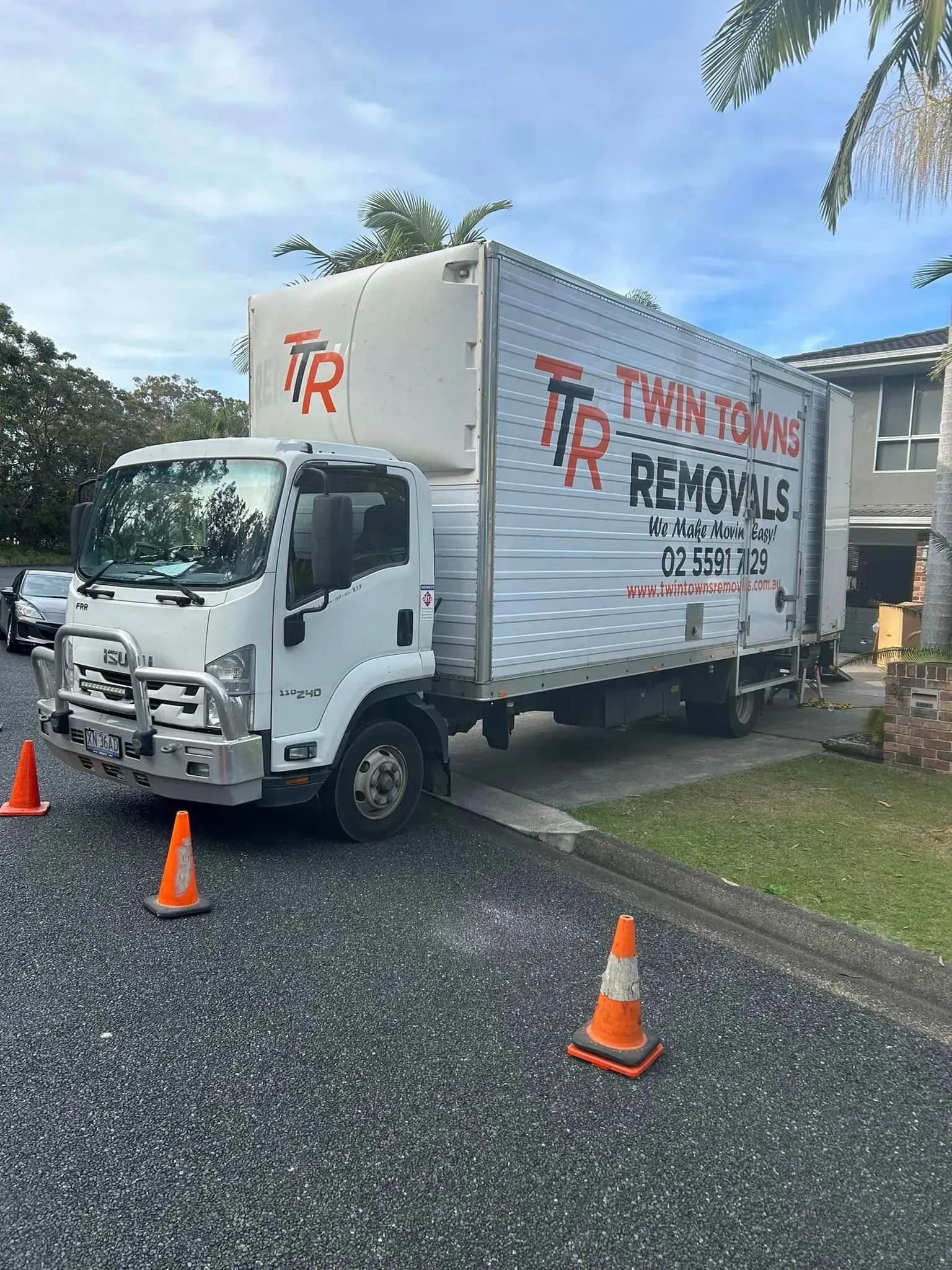Tips For Storing Documents In Self Storage
Despite the world becoming increasingly digitalised, we all still have piles of paperwork lying around our homes and businesses. If you're starting to feel overwhelmed by an accumulation of documents, it might be worth investing in an external storage unit. This will allow you to use your own space more efficiently and find important paperwork much more easily. Wondering where to start with the process? Here are our tips.
Organise your documents first
When packing your documents, make sure to utilise some kind of filing system, as packing up disorganised paperwork that you will only struggle to find in storage is a waste of your time and money.
You could start with putting your papers into categories, such as “house”, “work” and “personal”, then arrange each one alphabetically to make sorting them easier. Then, store each category in its own box, or in a large box or storage unit with a division system. Try to pick one which is tall rather than long and wide across, as this will free up more space in your storage unit.
Think carefully about what to store your documents in
Whilst arch lever files might be appropriate for an office setting, this will not be the case for a storage unit. We recommend using archive boxes with dividers as they stack better than other alternatives, making them well suited to vertical spaces.
If possible, you could use a fire-proof safe as a storage option which will protect your important documents from becoming lost in the event of a fire.
Throw away whatever you don't need
When choosing what to take into storage, be ruthless. If there are old, dated documents that serve no purpose in your or your family’s life, dispose of them to save space. When throwing them away, take responsible actions. Shred any confidential paperwork thoroughly using a paper shredder which will prevent anyone from finding out your personal details, or hire a lockable bin.
Perform some last checks
If you have not already done so, make sure that your drawers, safes or boxes (whatever you have chosen) are clearly labelled with a pen or marker resistant to fading.
Place any storage boxes that contain documents you're likely going to need regular access to closer to the entrance of the storage unit. This will save you from ploughing through all of your boxes to find what you need.
How long should I keep my documents for?
It might be obvious to say – but there is no fixed time limit for how long you should keep all documents. Each one is different.
If you have your own business, you will likely have paperwork documenting financial records. These are usually safe to dispose of after seven years. Any employment-related records that concern hours worked, employment status and superannuation payments must also be kept for this amount of time, in order to comply with Fair Work regulations.
For tax records, the minimum time you should hold onto one is five years after the transaction has been completed. Industrial property and investment records must all be kept, including receipts, as they might affect your tax.
Although receipts tend to expire with their return policy a few months after purchasing, keep receipts for large buys indefinitely as you do not know when you will need proof of them. Other private documents to hold onto include wills, birth certificates, car titles and marriage, adoption and custody licences.
Finally, you will need to transport everything to your chosen location. We can help with this at
Twin Towns Removals Mid North Coast – give one of our friendly team members a
call and
request a quote today.




